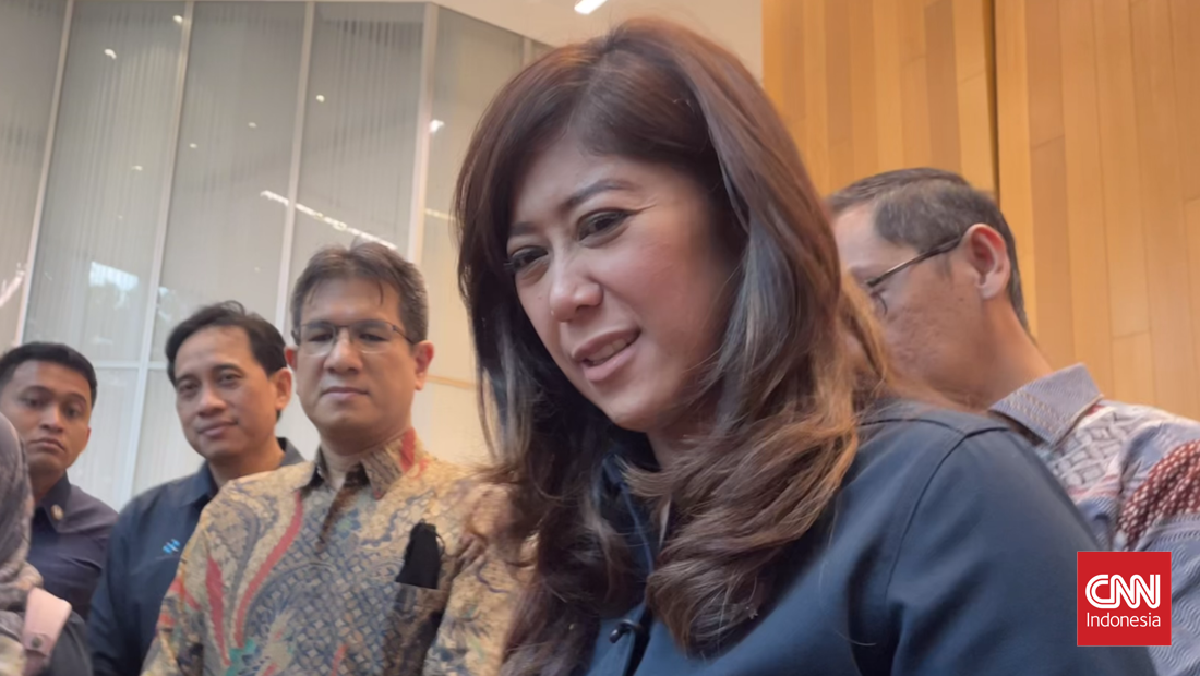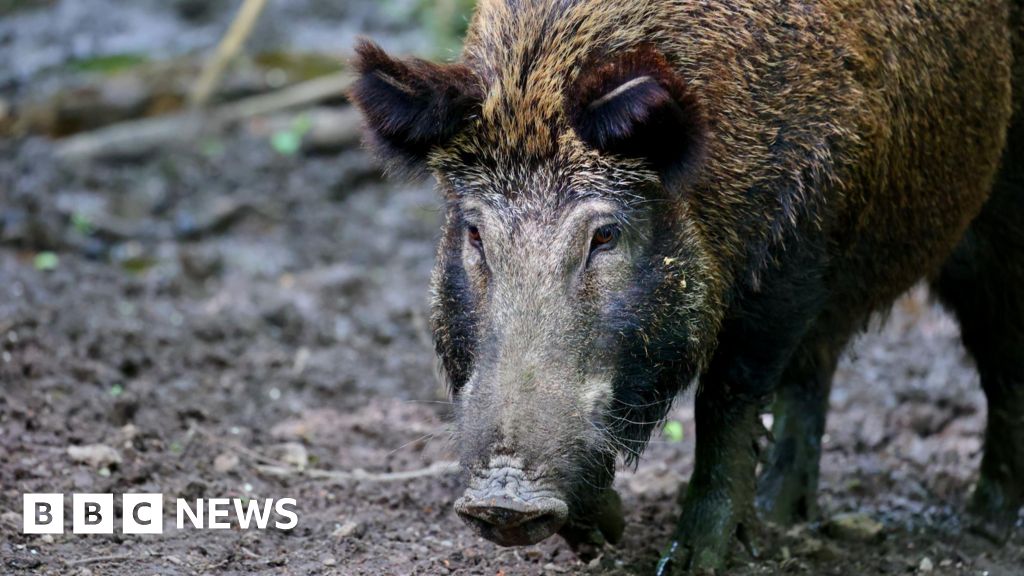Even if stories are salacious, illegal or false, News Corp claims blanket exemption from privacy laws
A series of newspaper stories alleging Victoria’s deputy Liberal leader Sam Groth might have had sex with his wife Brittany when she was underage will be defended on the grounds they were legitimate news and not “idle gossip”.
In a case that represents the first test of Australia’s new privacy laws, Melbourne’s Murdoch-owned Herald Sun newspaper will argue the claims had been weaponised in a “febrile atmosphere” among a Liberal Party that was “tearing itself apart”.
The outcome of the case could have implications for media outlets nationwide in determining what constitutes newsworthy content.

Brittany Groth (left) and Sam Groth (centre) arriving with barrister Sue Chrysanthou at the Federal Court of Australia in Sydney.Credit: AAPIMAGE
A series of articles published by News Corp’s Herald Sun in July alleged that Sam – a former professional tennis player – might have begun a sexual relationship with his wife, Brittany, when she was aged 16 or 17 and under his care or supervision as a tennis coach.
Loading
Brittany has sued Herald and Weekly Times (HWT), reporter Stephen Drill and Herald Sun editor Sam Weir for a serious breach of privacy, while Sam is suing for defamation.
In a hearing in the Federal Court on Thursday, News Corp barrister Matt Collins, KC, said the stories met the test of journalistic material, and were precisely the content that federal parliament intended to be exempt from the laws.
“What is journalistic material is that which the editor of Herald Sun has put on the front page of the Herald Sun newspaper,” he said.
Collins said it was not “idle gossip” that could be found in glossy magazines. Rather, he said the conduct was already in the public domain – through a previously published interview with the couple that stated they met at the tennis club.
He said the Groths’ relationship was being weaponised in a “febrile atmosphere” in a state where the Liberal Party was notoriously “tearing itself apart”, and in the context of a government that weaponises information against the opposition for its own political advantages.
“There is a public interest component to this,” Collins said.
“Our argument is your honour would look at the article and ask the question: does this have the character of news? Simple as that.”
He told the court the exemption existed, notwithstanding that the invasion of privacy might be intentional, malicious, illegal, or relate to information that is false.
Revamped privacy laws – which allow Australians to claim up to $478,000 in damages – provide a broad exemption for journalists who are bound by professional standards, if the content they produce has “the character of news, current affairs or a documentary”.
To make use of the previously untested defence that applies to the media, lawyers for the Herald Sun will have to convince a Federal Court judge that what they wrote about the Groths is “journalistic material” as defined by the Privacy Act.
Judge Shaun McElwaine said it would be an “extraordinary outcome” that malicious, false, completely fictitious articles could be considered to have the character of news, and one that parliament “didn’t really focus attention on”.
“I think we can agree this is not simple,” he said.
The Groths’ barrister Sue Chrysanthou, SC, argued the articles did not constitute “journalistic material” as they were not a “factual presentation of information”.
“News is not fantasy,” she said.
“I’ll give an extreme example – what is actually not so far from this example. What if the journalist just made it up? Just woke up one day without any source, that was just completely made up.”
Chrysanthou said the defamation claim by Sam Groth was the “elephant in the room” that the Herald Sun chose to ignore, and was going to trial in May. She noted the paper was not seeking to use a truth defence, and would only apply a public interest defence.
Chrysanthou said had the allegations that Brittany was underage been reported to police, the newspaper would have broken the law by naming her as a victim of child sexual assault.
“The only thing saving them from a criminal charge is the fact that the allegation was so specious, was so lacking in any basis that no one reported it to the police,” she said.
News Corp is seeking a ruling on the journalistic exemption before a trial already set down for May, while the Groths argue the issue should be determined during the trial.
Most Viewed in National
Loading


















































